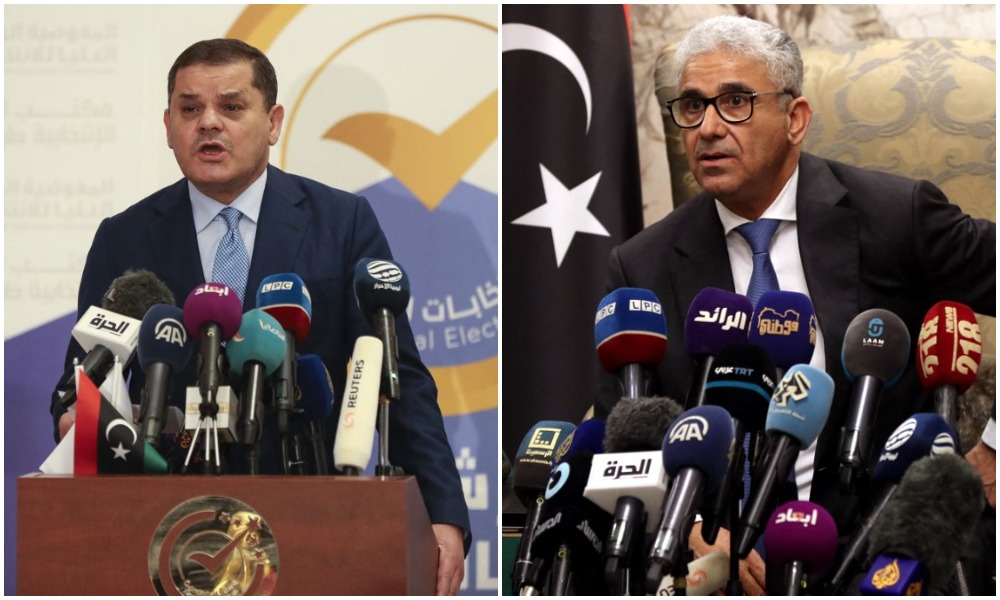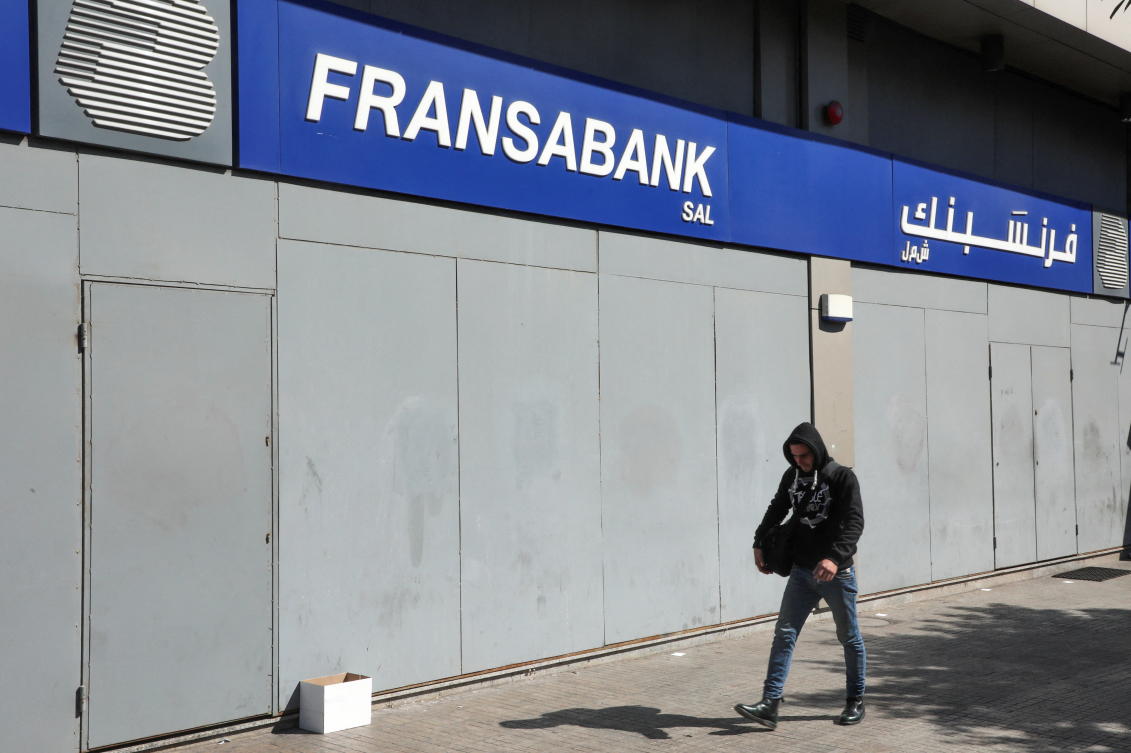Forum on security media during crises and disasters launched
JEDDAH: The opening session of the Scientific Forum on Security Media during Crises and Disasters took place on Wednesday in Morocco.
Media and security experts will take part in the forum from March 16 to 18 to shed light on the important role of the media, the challenges they face during times of crises and disaster, and the solutions to confront those challenges.
Organized by the Islamic World Educational, Scientific and Cultural Organization, in cooperation with Naif Arab University for Security Sciences, the forum is being held at ICESCO’s headquarters in Rabat.
Khalid Alharfash, vice president for external relations at NAUSS, said in his opening remarks: “This conference sheds light on the role of media agencies & the challenges they face in managing crises and disasters.
“NAUSS seeks to translate the interest in security media into reality through various programs. This conference is part of a larger cooperation between the university and ICESCO.”
The forum will hold lectures, presentations, and discussions across the three days.
Participants will discuss the impact of new media on crises and disaster management, the tools used to support security media, and the role of technology, communication, and information in the prevention of natural disasters.
NAUSS specializes in advanced security-related studies and offers postgraduate degrees and short-term training. It is a member of the UN Crime Prevention and Criminal Justice Programme network.
The university has adopted the concept of “security media” and worked to incorporate it through its scientific activities.
Part of its work involves allocating specialist programs, based on in-depth studies, that aim to develop and train specialists in security media.
It has also contributed to studies and research papers on security media focusing on Arab countries.
The forum will also cover topics related to the social impacts of rumors, media as a soft power, and a discussion on the lessons learned from the coronavirus crisis.




ICESCO announces prizes in Remote Culture initiative 50 research papers up for presentation in Madinah scientific forum



